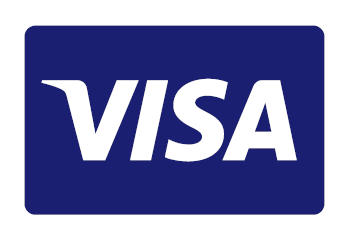Financial Institution
Financial Institution – FI
Financial institutions (FI) are corporations which are responsible for the supply of money to the market through the transfer of funds from investors to the companies in the form of loans, deposits and investments. The most common types of financial institutions include commercial banks, trust companies investment banks, brokerage firms or investment dealers, insurance companies, and asset management funds. Other types include credit unions and finance firms. Financial institutions are regulated to control the supply of money in the market and protect consumers.
BREAKING DOWN Financial Institution – FI
Financial institutions play a vital role in the financial system of each country, gaining much importance in continuously developing economy. These institutions are providing long term capital requirements of the main industries. As financial institutions as well play a crucial role for the majority of citizenry by providing of all financial transactions, savings and investment needs, and government consider it imperative to supervise and regulate banks and other financial service companies. For the same reason, potential bankruptcy of financial institution may cause a lot of panic within the economy. Such organizations as U.S. based Federal Deposit Insurance Corporation (FDIC) control regular deposit accounts to protect individuals and businesses from various risks to their finances on deposit with financial institutions. The loss of confidence in financial institutions can cause additional negative externalities in the economy.
Types of Financial Institutions
Almost everybody deal with various financial institutions on a daily basis. Whether it is depositing money, applying for loans or exchanging currencies, financial institutions are an integral part of these activities.
Financial institutions can be basically divided into two types: banking financial institutions and non-banking financial institutions. Banking financial institutions include commercial banks whose primary role is to accept deposits and make loans. Non-banking financial institutions include investment banks, insurance companies, finance firms, leasing companies, etc. Let’s take a closer look at both types of financial institutions.
Bank is the most well-known banking financial institutions. It is financial intermediary that acts as middlemen between depositors or suppliers of funds and lenders who are the users of funds. The main tasks of a banking financial institution are to accept deposits and then to use those funds to offer loans to its customers, who will in turn utilize them to fund purchases, education, to expand business, to invest in development, etc. A bank also acts as a payment agent by offering a host of payment services including debit cards, credit cards, cheque facility, direct deposit facilities, bank drafts, etc. The primary purposes in depositing funds in banks are convenience, interest income, and safety. A bank’s ability to lend out funds is determined by the amount of excess reserves and the ratio of cash reserves held by the bank. It is relatively easy for a bank to raise funds as certain accounts such as demand deposits pay no interest to the account holder. A bank makes money investing the money that they receive from deposits, sometimes in assets and financial securities, but mostly in loans.
There are also a number of non-banking financial institutions, which include investment banks, leasing companies, insurance companies, investment funds, finance firms, etc. A non-banking financial institution offers a range of financial services. Investment banks offer services to corporations which include underwriting of debt and share issues, securities trading, investment, corporate advisory services, derivate transactions, financial institutions such as insurance companies offer protection against specific losses for which an insurance premium is paid. Pension and mutual funds act as savings institutions in which investors are able to invest their funds in collective investment vehicles, and receive interest income in return. Market makers or financial institutions that act as brokers and dealers facilitate the transactions in financial assets such as derivative, currencies, equity, etc. Other financial service providers such as leasing companies facilitate the purchase of equipment, real estate financing companies make capital available for real estate purchases and financial advisors and consultants offer advice for a fee.
The main difference between the two types of financial institutions is that banking financial institutions can accept deposit into various savings and demand deposit accounts, which cannot be done by a non-banking financial institution.
2022-11-25 • Updated











